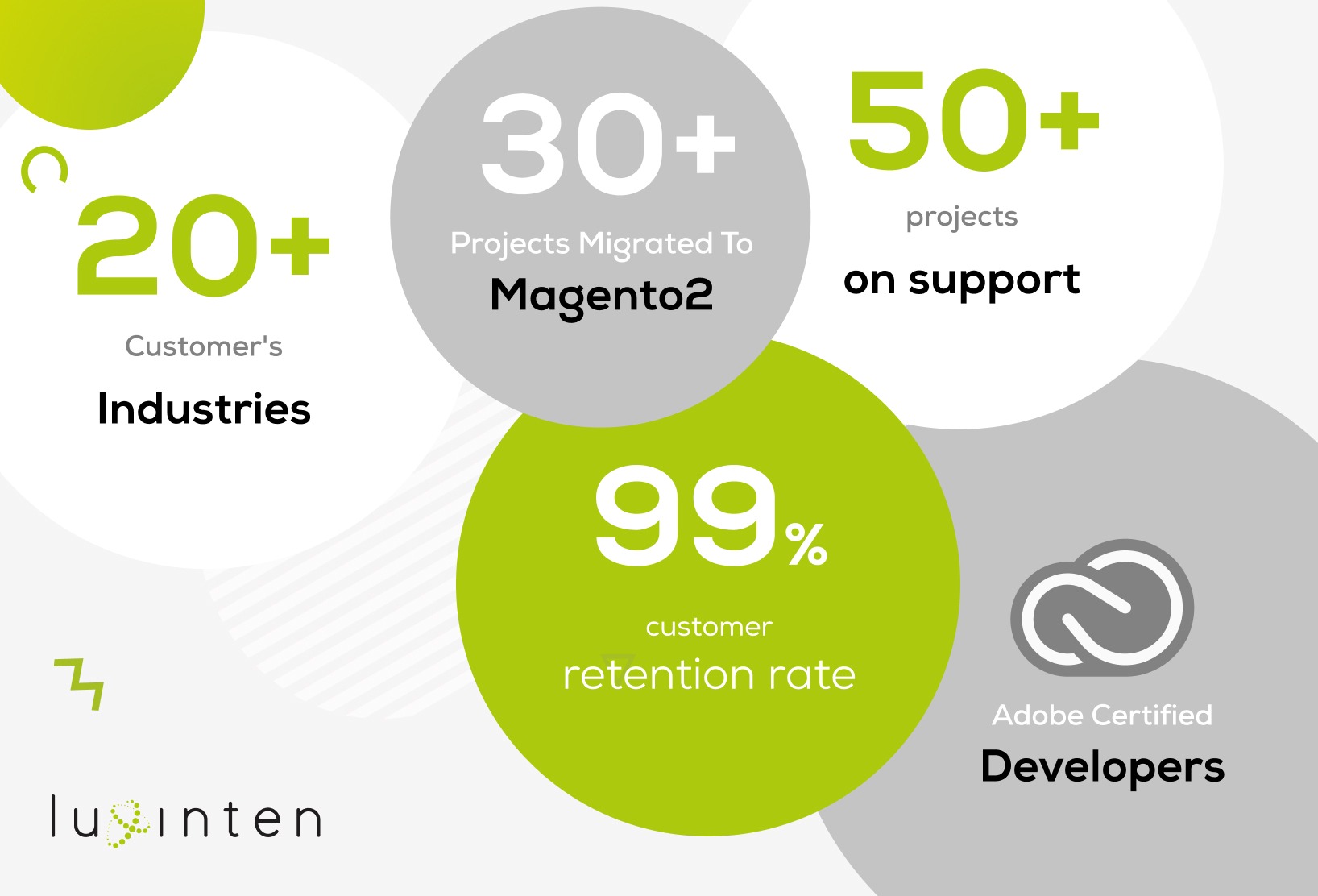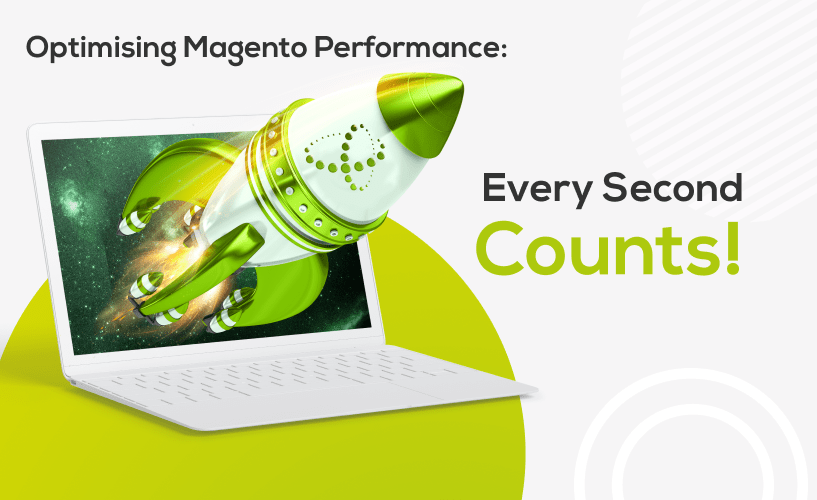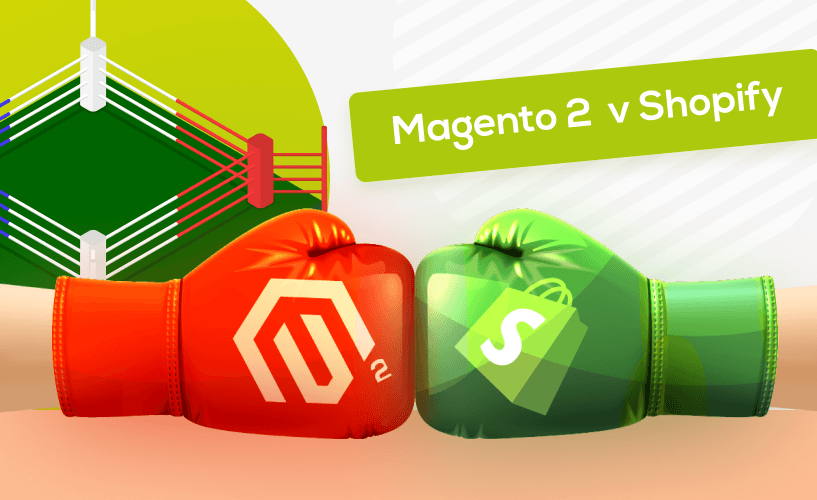
We're back with another head-to-head comparison of two popular content management systems, in this case Magento and WooCommerce. WooCommerce is an open source eCommerce plugin for WordPress, designed ‘for small to large-sized online merchants’. It was launched in 2011 and has become very popular amongst wordpress users, partly because it is relatively simple to use. It is in fact the world’s most popular e-commerce platform in 2022, occupying 25% of the global market. Magento is an open source platform, meaning its source code is available for other developers to use or modify. Released in 2001, Magento is used by Nike, Ford, Samsung and many other top corporations. You can check out how it fared against Prestashop in our previous article.
Now, let's get down to our Magento v WooCommerce head-to-head comparison.
Comparing Features
A clear victory for Magento's long list of features. WooCommerce can create a basic shopping cart store quite easily, but struggles with more complex requirements. Whilst it works well with the many plugins available on Wordpress, not all of them work that well together and this can lead to elements of WooCommerce becoming unstable. Magento is simply more customisable, which is beneficial to both seller and customer. We love these Magento features in particular:
Analytics and Reporting: 100 predefined reports provide insight into all areas of your business (sales, marketing, customers and more).
Supports for Global Sites: Magento stores can work with any language and can automatically calculate the amount of tax paid on a transaction with VAT-ID validation.
Accounts: If you are trading with large companies, Magento can enable multiple buyers per company, including their defined roles and permissions.
Comparing Performance
Whilst Magento can be slow on occasion, it is the perfect example of “you get out what you put in”. If a Magento store is not optimised, WooCommerce offers comparable performance. However, your Magento developer will have plenty of tools at their disposal in the form of features and plugins to reduce any performance issues.
Comparing Security
While no platform is 100% secure, Magento offers frequent security patches and a catalogue of security plugins. Of these two CMS, Magento is clearly doing the most to combat any potential data breaches.
So Who Wins?
Another decisive win for Magento. Magento is an all-round team player, with far more potential for customisation and development. Although it is a decent alternative for basic trading, WooCommerce is mainly confined to Wordpress websites that want to add a store to their page. In this week’s head-to-head, Magento is the clear winner.
If you're interested in developing a dynamic e-commerce store but aren't sure where to begin, we're happy to talk through what a project like this would entail. If you have a question about project times, pricing or anything else, please send us a message so we can discuss your goals together.

Some Key Luxinten Statistics:
- 50+ projects with annual support
- 30+ successful full Magento 2 migrations
- 250+ solutions implemented on Magento
- 99% customer retention rate
- Adobe Certified Experts
Like this article?
Be sure to sign up to our blog feed for more insights on e-commerce.
If you want to know more about any of our services, please contact us.







Add comment...
Comments